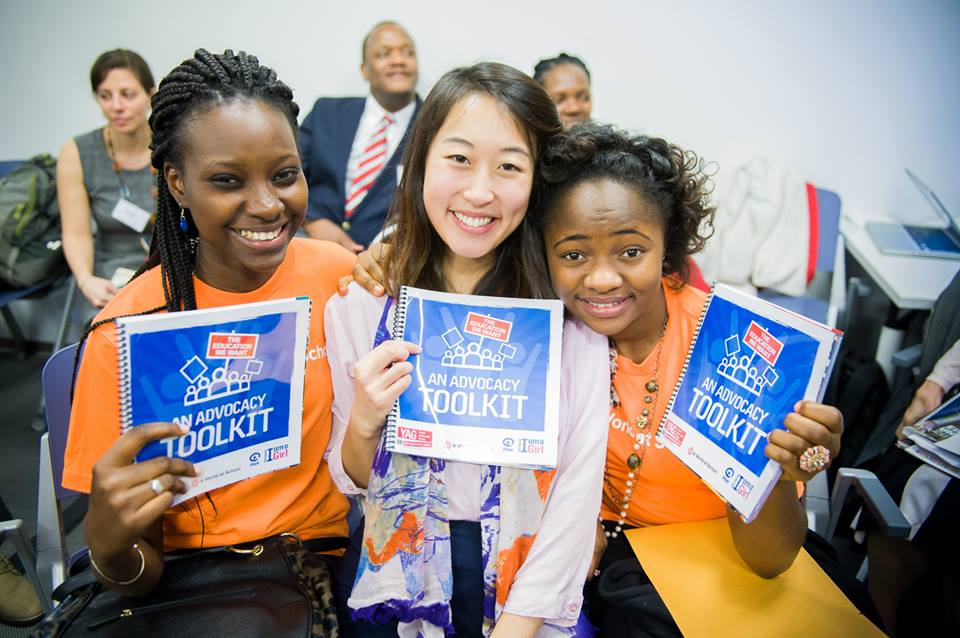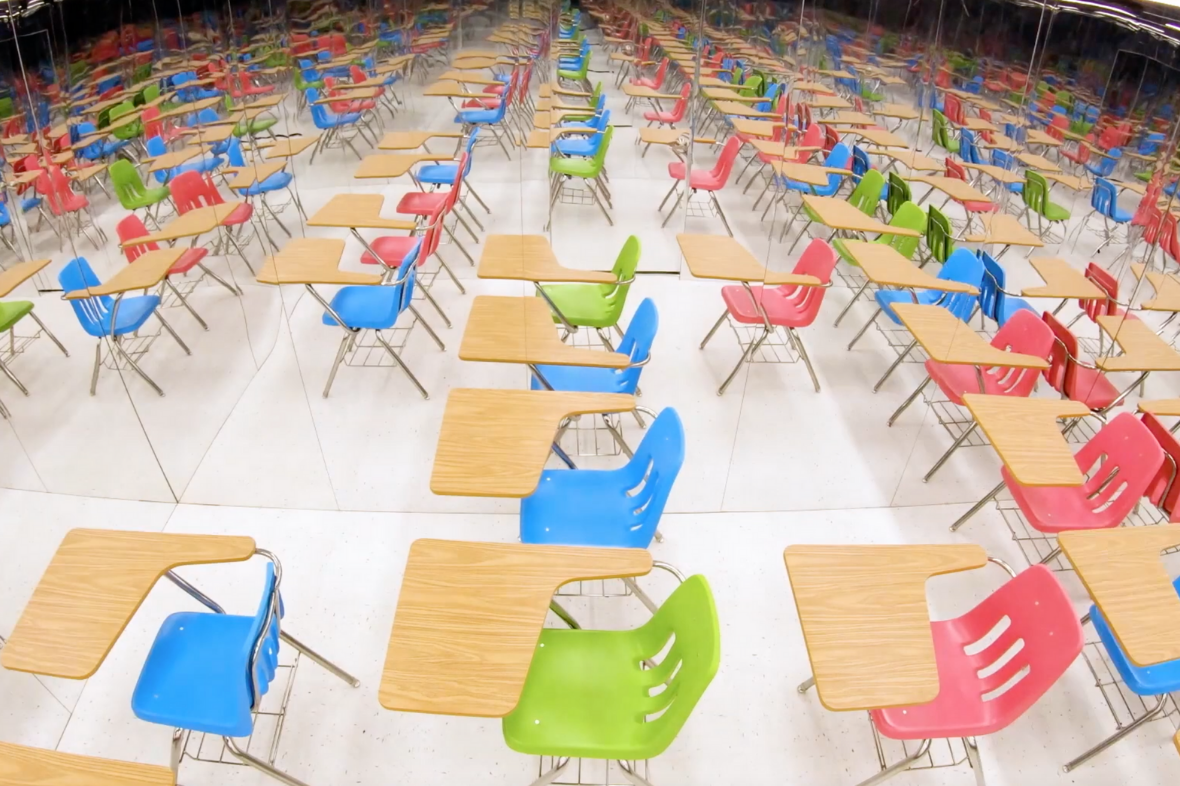
“We need more than advocacy, we have to shift from mere campaigning to supporting children to stay in school”
Girls' education, Global Youth Ambassadors
Marshall Dyton founded the Girl Child Education Movement in Malawi - here he tells of the amazing results it has had in one district.
It isn’t strange to see and hear non-governmental organisations or the private sector in Malawi calling for more advocacy in the education sector.
Whether in print or broadcast media, the story is the same – education is important and every child should be at school. It is worth acknowledging that advocacy has really worked well in Malawi and the government is almost on course to achieve the 50-50 school enrolment for both boys and girls.
However, I have observed that there is more to do now than advocacy. It is high time all organisations had shifted from mere campaigning to supporting the children for them to stay in school.
I come from Mangochi, a district found in the Eastern part of Malawi. This is an area which is predominantly made up of Muslim and Yao tribe people and there is a high illiteracy rate.
Since time immemorial, the people of this lakeshore district are said to be non-school going. Girls drop out of school due to early marriages while boys either earn money by fishing or emigrating to South Africa.
This might have been true in the past but now things have changed. It is a mere assumption and a prejudice. After I was selected as a A World at School Global Youth Ambassador, I considered it to be a great opportunity and I decided to establish a movement which I named Girl Child Education Movement (GCEM). This is an initiative which, in short, mobilises girls to go to and stay in school.
The first thing I did was to investigate whether people of Mangochi realised the importance of education. I met girls and parents during my survey who included chiefs and school officials.
I asked them why the enrolment of girls in Standard 1 is high but when they reach senior primary school classes, they drop out, rarely reaching Standard 8 (the last primary school class examinable for Primary School Leaving Certificate).
“Organisations come here. They preach about the importance of school, encouraging us to send our children to school. But you know Malawi now tops the list of poorest countries in the world. Our economy is in a mess. No food, nothing. Then how can we send our children to school? Where are we going to get school fees as most of the children come from poor families? Can school work with the children on empty stomach?” asked one of the chiefs.
What the chief was trying to say is that it is not true that people in the district are not interested in education, but poverty is a major factor. I digested what the chief said for some moments. I realised that the chief was right. So, I told them that let the children go to school, work hard and if they pass, I would see how I could help.
Being their son from the same village, they put all trust in me and I knew that I had made a promise that might affect my relationship with the community as this promise was made before a huge group of people.
I had to fulfil my promise and I started with two classes – standard 7 and 8. The school year calendar elapsed and, who would have believed the results come 2016? The results were just amazing.
Chipunga Primary school, where I implemented my programme, emerged the best with a record high passing rate. The passing rate rose from 48% in 2015 to 95% in 2016 and when I asked the teachers as to what contributed to this turn out, they attributed it to the promise I made and they wanted to prove me wrong that people in the area are not interested in education.
I was happy and scared at the same time. I was happy because I didn’t believe that my community could trust me so much and scared because at that time, I was afraid of breaking the trust as I didn’t have any clue how I would shoulder the burden of eight girls out of the 16 who were selected to a community day secondary school.
But as they say where there is a will there is a way; it wasn’t long before I found a partner who offered to sponsor these girls – all of them. The partner provided everything I requested for these girls to be at school. From school fees to school uniform, from bicycles to school shoes and other necessary learning materials for the entire four-year secondary school period.
I became the first individual to offer such full sponsorship package in Mangochi. As I am writing this blog post, all girls are in class now, learning. Thanks to my partner, Ahmed Bakali who has made my dreams, and theirs, come alive.
It is from this perspective that I say there is much to be done if we want all millions of out of school children to be back in class. Petitions should not just be signed for the sake of signing. Leaders have to stand by their promise.
Malawi needs to make use of the available opportunities. Primary education is free and secondary education for government community day secondary schools – where most children from poor communities go – is only $7 per child per term. This means $85 is enough to educate a child for the entire four-year period of secondary school education.
Both government and private sectors need to unite and invest in education, by not only asking children to go to school but to also give them the necessary support that will make them stay in school and finish their education.


Education funding
More news

African youth rise up to demand early years spending target is met
